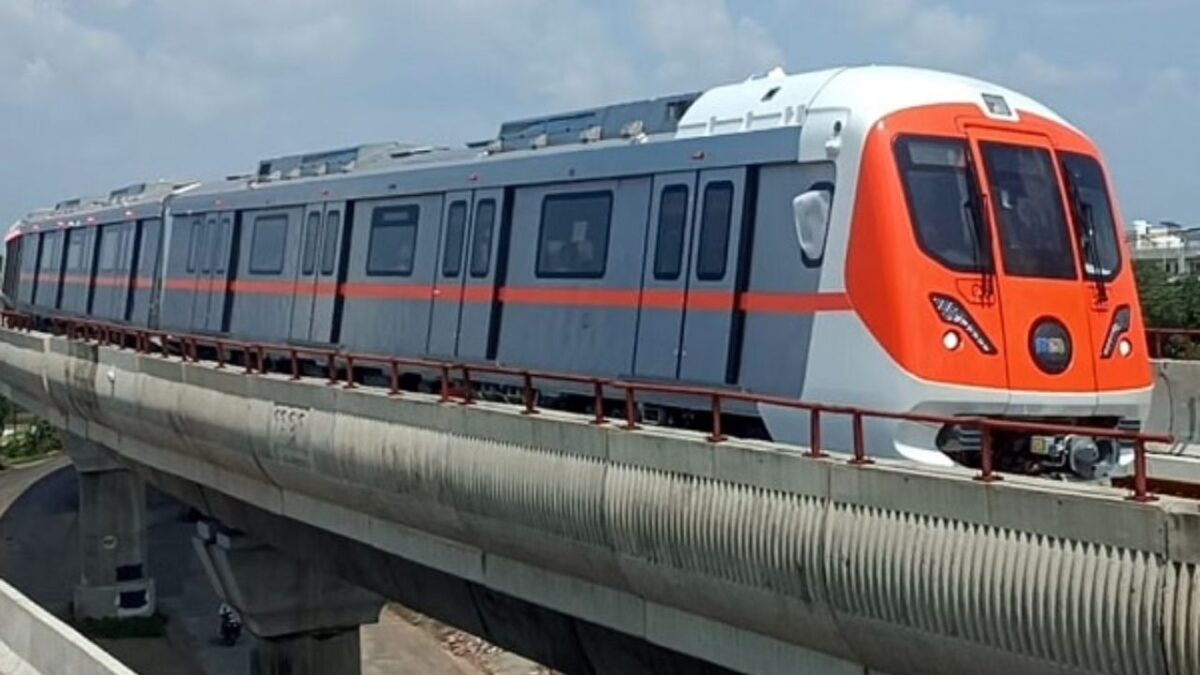Analysing Risk of PPP funding in Metro Projects
What does the Metro Rail Policy, 2017 say?
The Government of India has mandated the inclusion of Public-Private Partnership (PPP) component for states to receive central assistance for new metro projects under its New Metro Rail Policy, 2017.
According to this policy, private participation is essential either for complete provision of metro project or for specific components like Automatic Fare Collection, Operation & Maintenance services, etc. However, the success of the PPP model for metro projects in India has been questioned.
What are the Challanges?
Under the PPP model, private parties invest capital in installing fare collection systems, lifts & escalators, etc. and in return, they receive revenue sharing rights when train operations begin. They also gain advertising spaces within metro stations or space leasing rights for various commercial activities like shops, ATMs, Kiosks, etc. However, challenges arise due to the capital-intensive nature of installing fare collection systems, lifts and escalators. Private investors may see it difficult to achieve the predicted ridership post-operation and hence, the estimated revenue from advertising/ commercial activities. Additionally, they do not receive revenue sharing rights for costly items like lifts and escalators, leading to longer repayment periods of say 15 years along with interest on deferred payment basis. Private investors see it as a critical risk in investing a huge amount and waiting for such a longer time period. Because of these complications, the investors seldom take interest in participating in the bids floated for the procurement of fair collection system, lifts and escalators and many times, the procurement process fails and has to be re-started which takes another 6-8 months to conclude.
Why PPP Model is Required?
The PPP model aims to reduce the burden on the Government in funding metro projects. While PPP models have been attempted in few metro projects in India, challenges such as commercial viability, procurement of Right of Way (RoW) and land, and political/bureaucratic constraints persist. Private investors typically seek higher returns (around 12-15%) than what metro projects currently yield (less than 3%), making them commercially unviable without Government support like Viability Gap Funding (VGF). Procurement of RoW and land also faces delays and complexities, further hindering PPP projects. The responsibility of procuring RoW and land rests with the concerned state government. Private acquisition is very difficult with lengthy procedures and social considerations also need to be addressed, which is a challenging assignment. Several projects in India have suffered a lot due to delay in land acquisition/ procurement of RoW.
Benefits of PPP Model
Despite these challenges, PPP structures can lead to efficient project delivery, cost-effectiveness, and high-performance incentives. However, success hinges on robust contract agreements (PPP frameworks) between project owners and construction companies. Alternative financing mechanisms like Value Capture Financing may also be explored to fund metro projects by capturing increased asset values. The advantages of metro usage, such as improved mobility and a comparatively lower carbon footprint, extend beyond mere commercial metrics of profit and loss. Therefore, rather than relying solely on Public-Private Partnerships (PPP), state governments should prioritize the adoption of innovative financing methods like Value Capture Financing tools. These tools can mobilize resources for funding metro projects by capturing a portion of the rise in asset values through mechanisms like a ‘Betterment Levy.’
Recent Developments and Relief to Metro projects
Considering the difficulties faced by several metros across the country, the Ministry of Housing and Urban Affairs (MOUHA) has vide, its letter no. F.No. K-14011/08/2017-MRTS-Coord dated October 03, 2023, directed all the metro rail companies across the country to meet the cost of procuring fair collection system through equity. Such a direction is a major relief to all the metro projects under construction and the risk of finding a PPP partner in case of procurement of AFC system has been mitigated.
While challenges remain, addressing procurement risks and exploring innovative financing models can enhance the feasibility and success of PPP models in metro projects in India.

